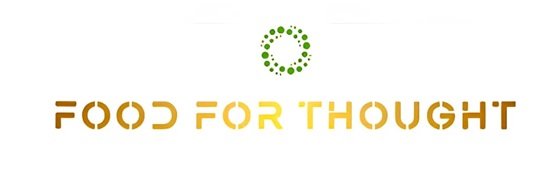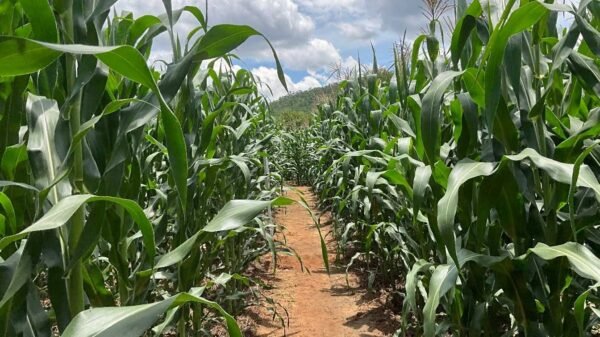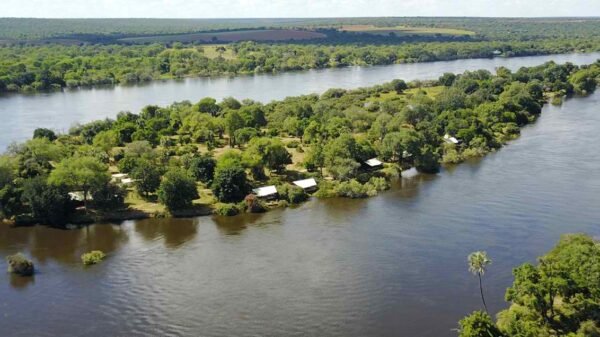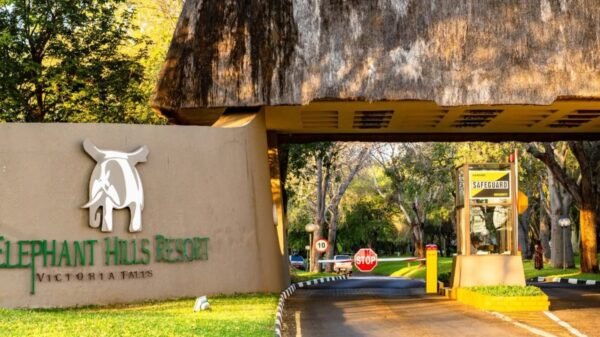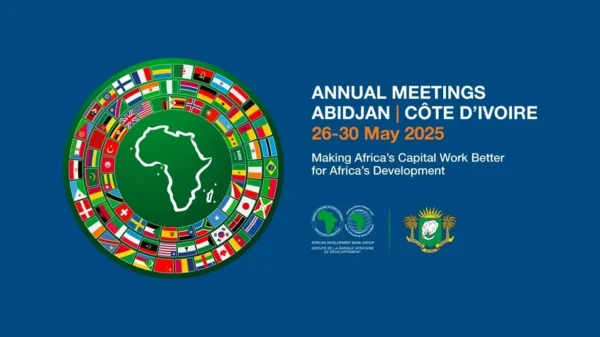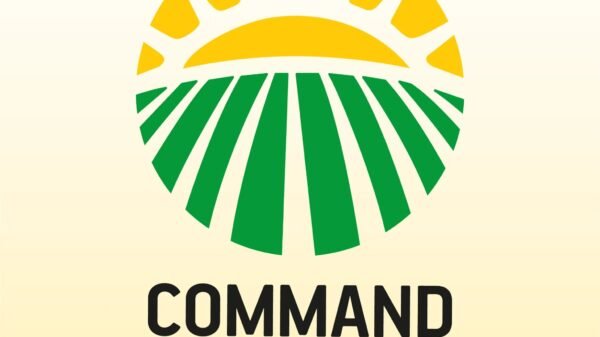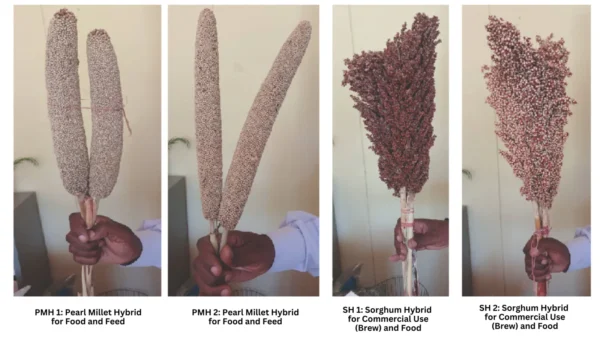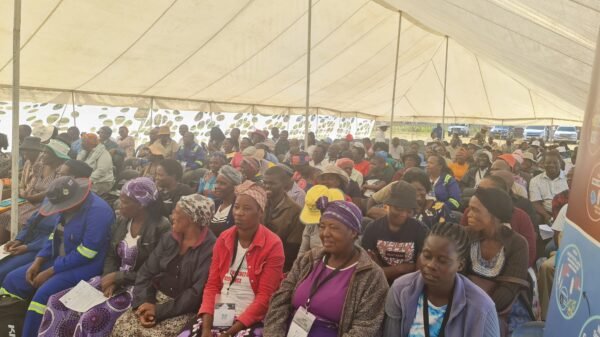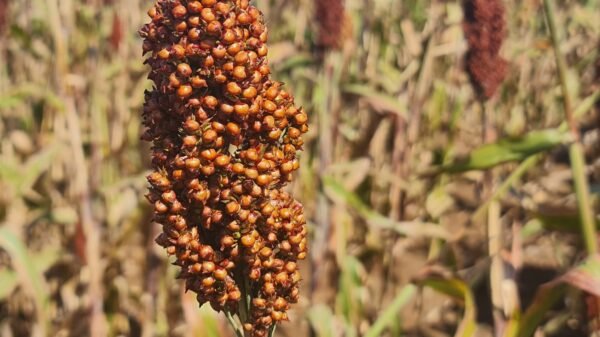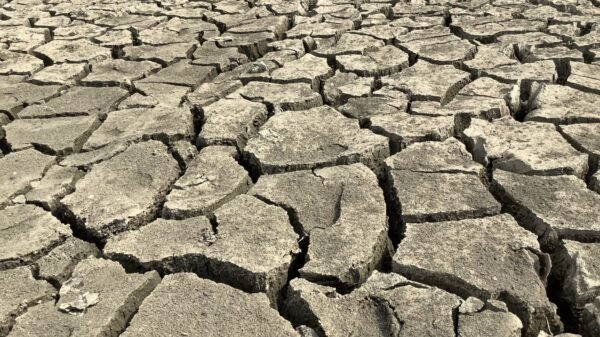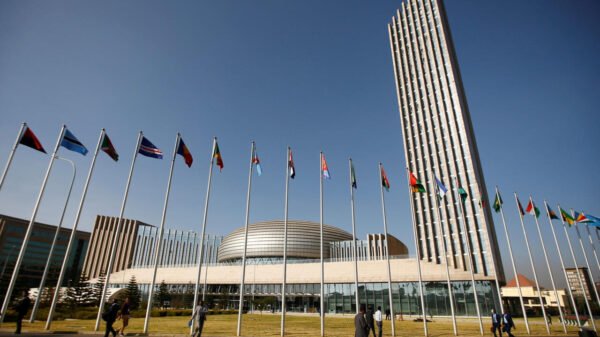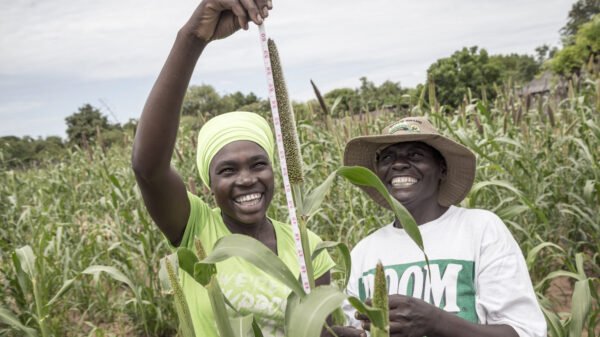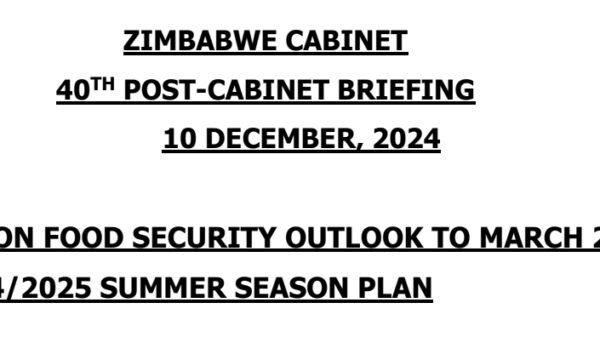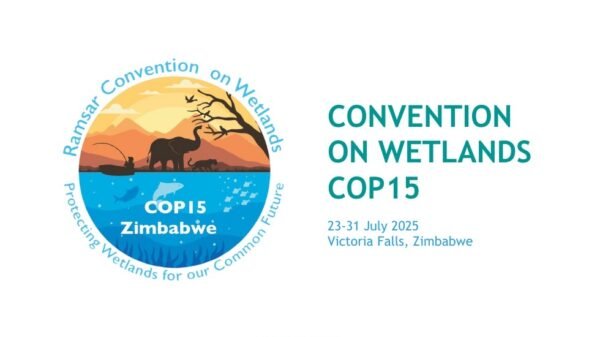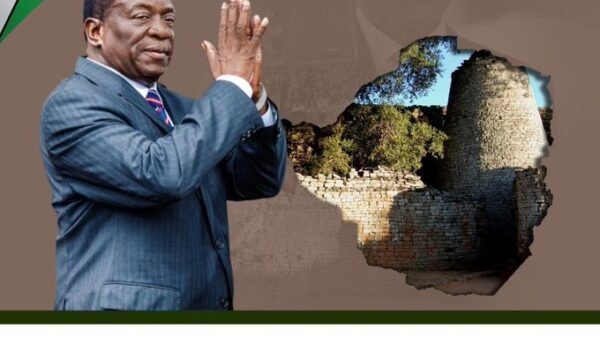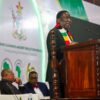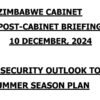Staff Writer
DRAMATIC scenes unfolded this week when President Donald Trump abruptly shut down the United States Agency for International Development (USAID), with shell-shocked workers milling in the street after the organisation’s Washington headquarters was unceremoniously locked up.
The astonishing turn of events was not restricted to the US capital. Around the world, USAID’s 10 000 employees forlornly pondered the future as reality hit home.
In Zimbabwe, civil society discussion groups — platforms usually dominated by lively chatter and stoic optimism — assumed a funereal tone. The sense of foreboding was palpable. Humanitarian projects, built painstakingly for years in fields such as health, food security, youth empowerment, education and poverty alleviation, were in peril. Careers in the non-governmental sector — one of the biggest and best-paying employers in a country racked by 90% formal unemployment — suddenly faced a bleak future.
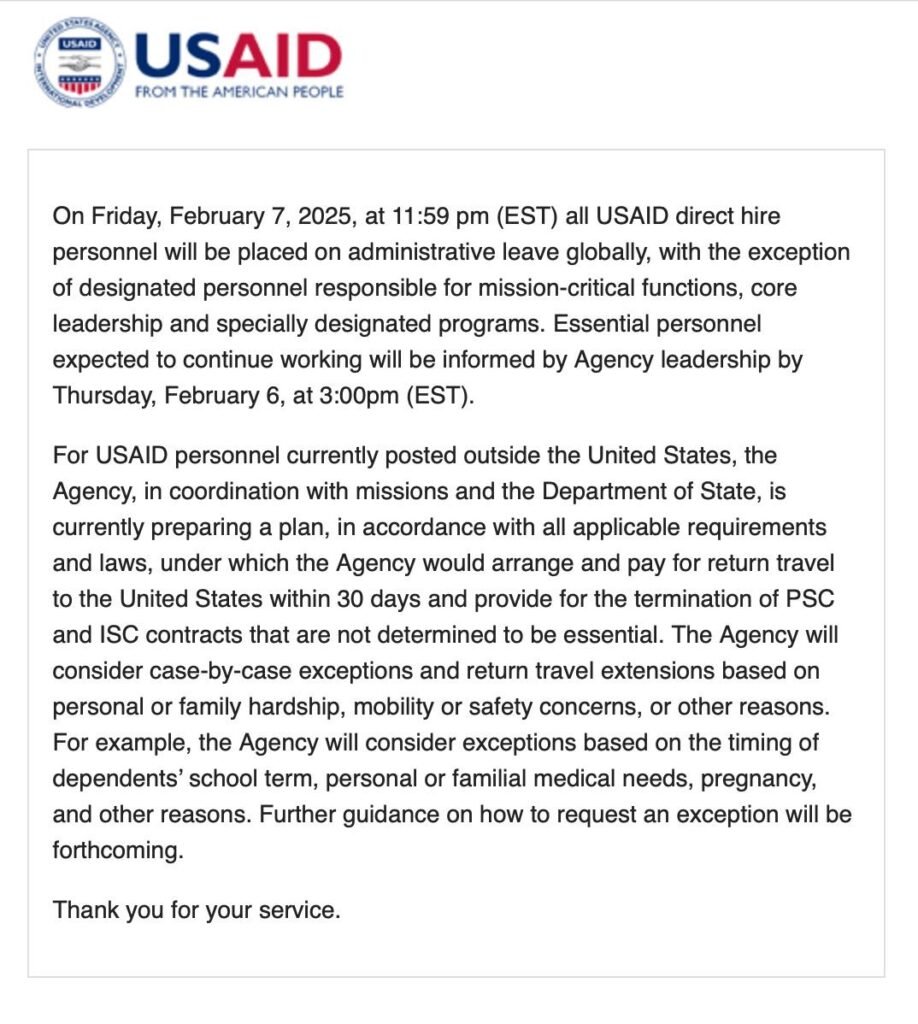
Carnage…All USAID employees have been ordered to go home.
Implications of USAID shutdown
The US government is the largest source of humanitarian aid and development assistance to Zimbabwe.
A State Department document https://www.state.gov/u-s-relations-with-zimbabwe/#:~:text=The%20United%20States%20remains%20the,hunger%20and%20food%20security%20initiative. says Washington has channeled more than US$1 billion to Harare in the last three years alone. The US reveals it has given Zimbabwe US$5bn since the country’s Independence. The funding pattern shows that more than a fifth of US assistance to Zimbabwe since 1980 has come in the last three years.
Zimbabwe’s health sector, in particular, is heavily dependent on US funding. Most of the country’s 1.2 million HIV-positive citizens survive on anti-retroviral drugs donated by the US.
On the food security front, USAID has provided funding to increase the productivity of smallholder farmers and industry in Zimbabwe. The US agency has also provided funding to support early recovery, risk reduction, and resilience programming to help communities meet their long-term food and nutrition needs.
But on 30 January 2025, the US embassy in Harare starkly told President Emmerson Mnangagwa it was time his government prioritised the population’s health needs.
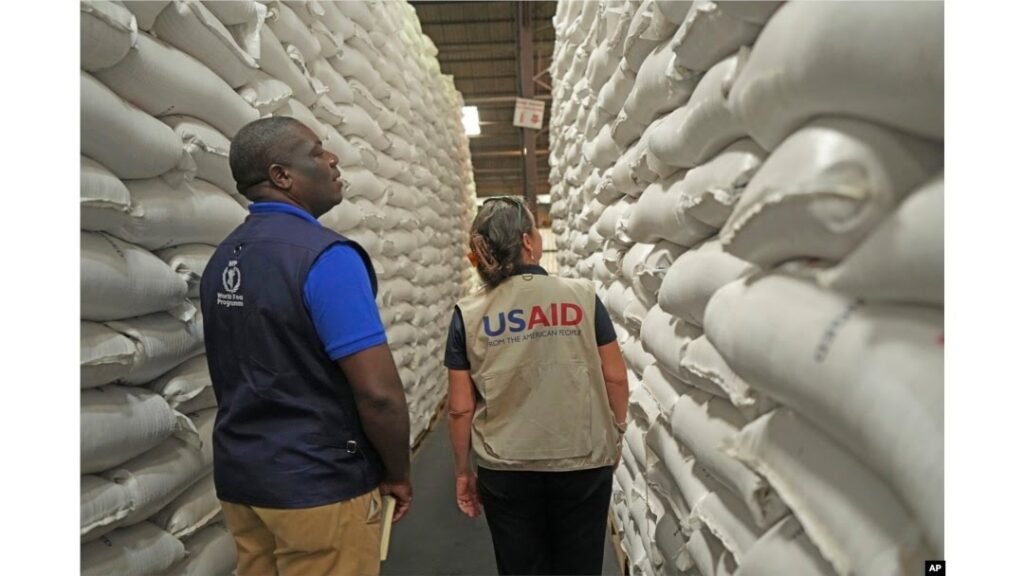
Officials from USAID and the UN’s World Food Programme inspect a donation of US$11 million worth of food aid in Harare, Zimbabwe, on 17 January 2024. Picture credit: AP.
The US president has since appointed secretary of State Marco Rubio acting administrator of USAID. The federal humanitarian aid agency has been denounced by Trump’s billionaire adviser and cost-cutting tzar Elon Musk as a “criminal organisation”. Trump’s executive order has imposed an initial 90-day freeze on all US foreign assistance.
Rubio told reporters that many of the agency’s programmes would continue under the State Department but blamed the change on its workers’ high levels of “insubordination.” US Democratic lawmakers joined a protest outside USAID headquarters after agency employees were told to stay home.
Characterised by skepticism towards multilateralism and a focus on “America first” policies, the Trump regime’s approach to foreign aid is markedly different to that of previous administrations. In terms of this new thinking, US taxpayer dollars should prioritise domestic needs over international commitments. In his version of transactional diplomacy, Trump (pictured below) is re-evaluating long-standing partnerships with foreign governments and international organisations.
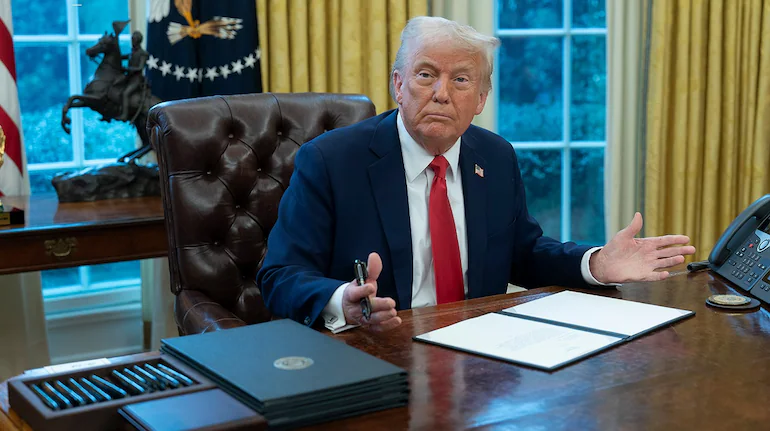
Some development practitioners argue that Trump’s thrust will harm vulnerable communities around the world by removing USAID money and expertise which made it possible for the international community to respond to natural disasters, health crises and poverty alleviation. Without this humanitarian aid, the risks posed by food insecurity, preventable diseases, and poor access to education facilities could condemn millions of people to poverty and higher mortality rates.
‘Good riddance to USAID mischief’
In countries like Zimbabwe, some political hardliners and self-styled anti-imperialists have perennially accused successive US governments of deploying USAID as an instrument of neocolonial intrigue. They have privately hailed the demise of the US agency.
Interestingly, the same hawkish officials send their children to study at US universities. More than that, their relatives in the rural areas receive food donated by America. Not only that, the ruling Zanu PF is pulling out all the stops to normalise relations with Western governments to attract foreign direct investment, unlock international lines of credit, and restructure Zimbabwe’s unsustainable US$21 billion public debt.
Can other donors step in?
In the wake of the Trumpian bombshell, discussions in Zimbabwe’s NGO sector are multifaceted, with many questions emerging: Can United Nations agencies step in and fill the gap left by USAID’s withdrawal? Keep in mind that, until Trump shut the USAID purse, 40% of global humanitarian aid came from the US government.
Vulnerable communities in Zimbabwe, especially those which depended on US donations for their healthcare and food security needs, could soon face a life-and-death situation.
While the shutting down of USAID presents an opportunity for African governments to step up to the plate and chart a new path away from donor dependency, it remains to be seen whether the continent’s corrupt, clueless and incompetent leaders can really rise to the challenge at this critical moment.
